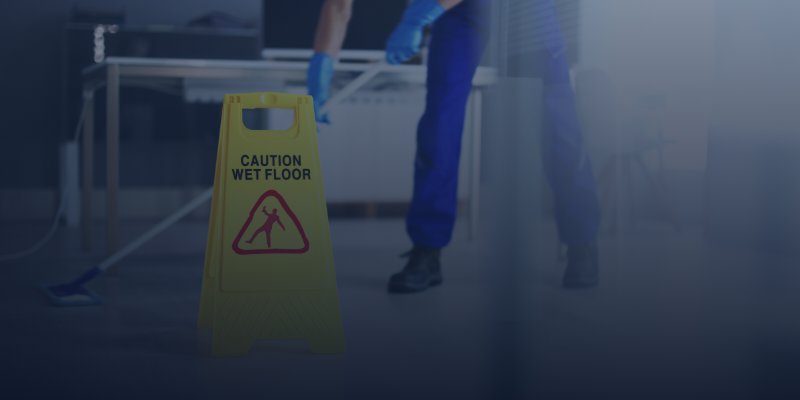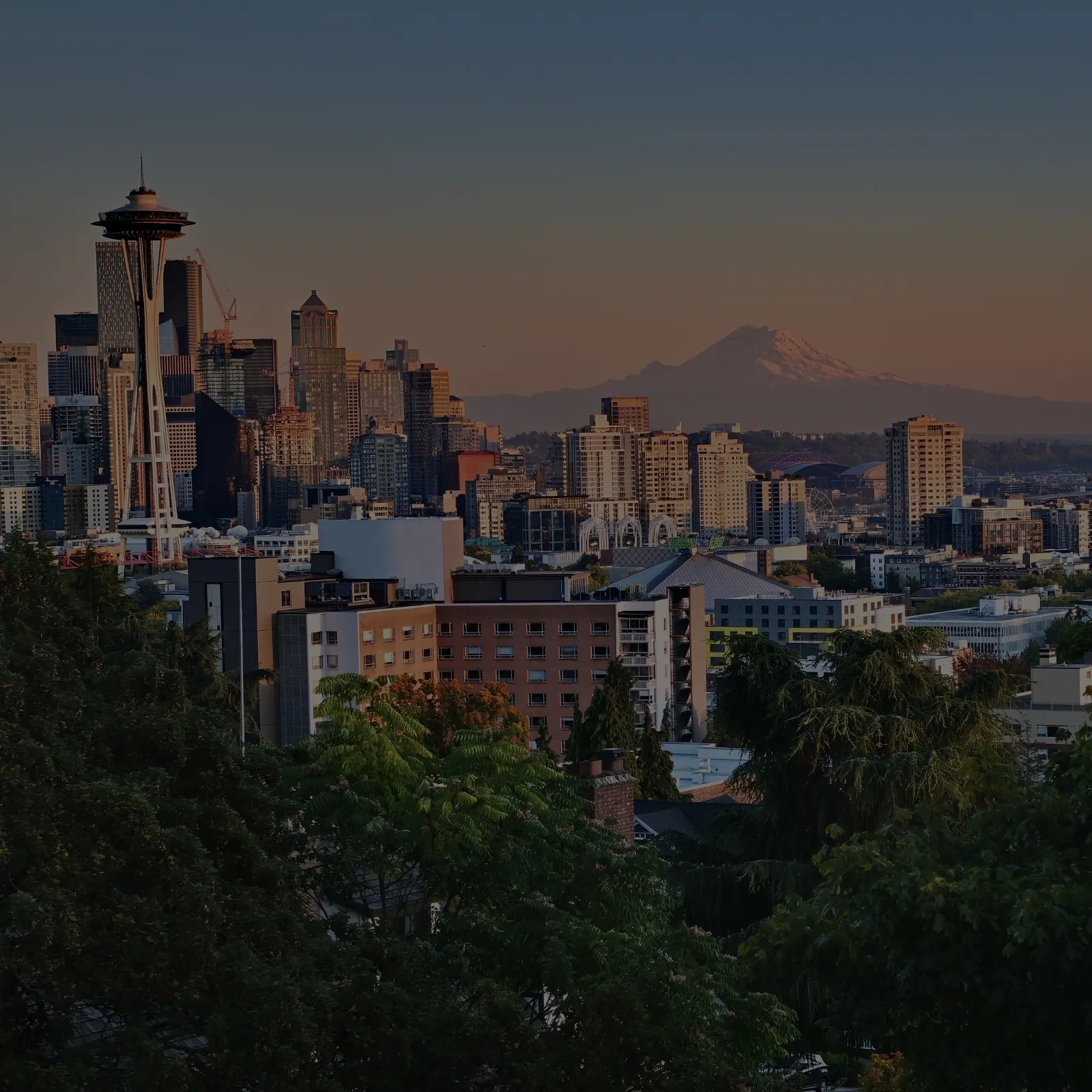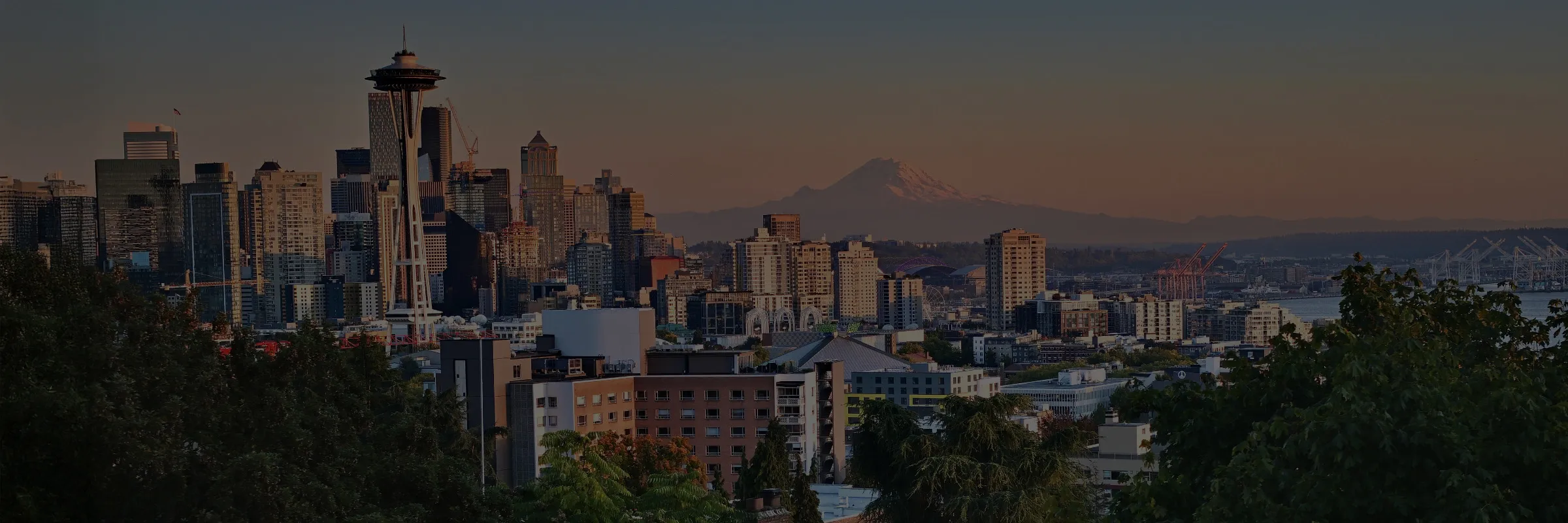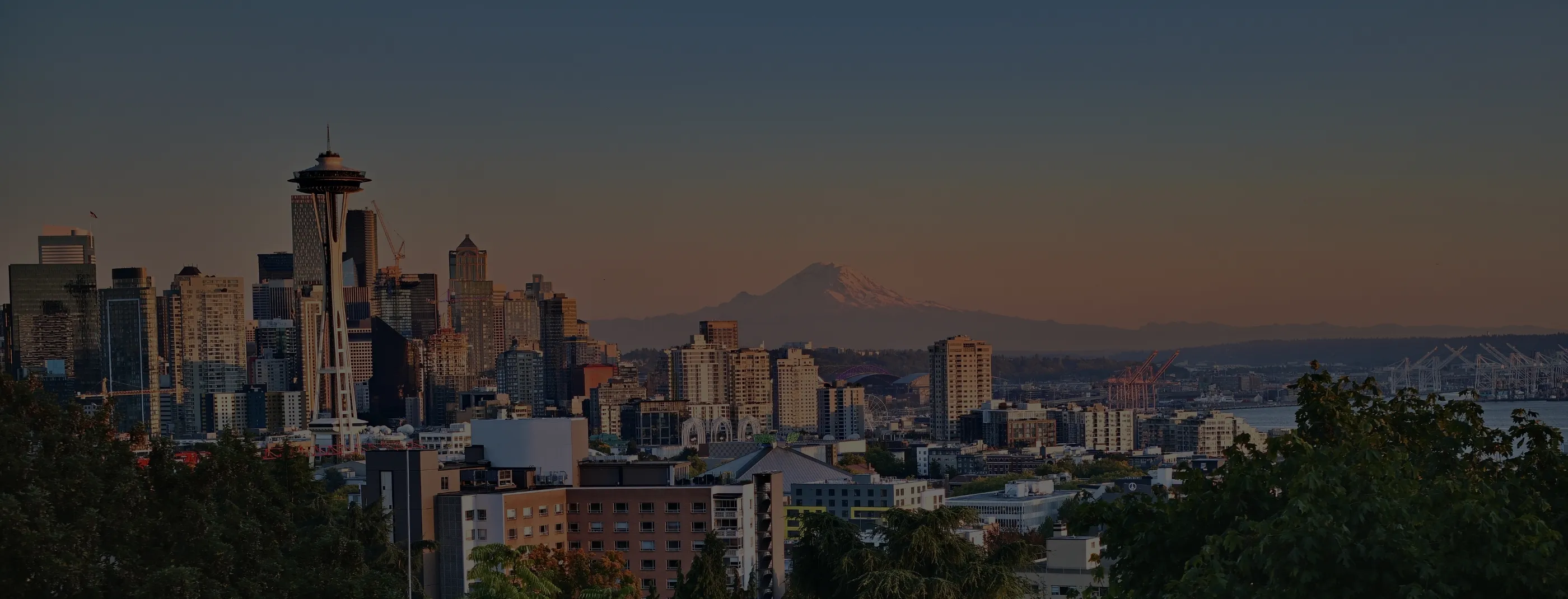Were you injured in a fall or other accident caused by unsafe property conditions in Seattle, Washington? If so, you may have a valid premises liability claim. These cases hold negligent property owners accountable for failing to fix or warn about dangerous hazards.
At Seattle Injury Law, our attorneys bring more than 100 years of combined legal experience to each case we handle. We’ve recovered over $300 million for injured clients across Washington. We know how to navigate complex personal injury claims, and now we’re ready to advocate for you.
Call today or contact us online to schedule a free consultation with a Seattle premises liability attorney.
awards & accolades
Why Choose Seattle Injury Law for My Premises Liability Case?
Premises liability cases are often complex. Property owners frequently deny fault, and insurance companies may try to downplay your injuries or shift blame. Having an attorney on your side can help you level the playing field.
Seattle Injury Law has built a strong reputation for both winning results and personalized service. Our team has successfully resolved a wide range of premises liability claims, from commercial slip and falls to serious injuries caused by negligent security.
Clients choose us because:
- We have over a century of combined experience handling personal injury litigation.
- We’ve secured hundreds of millions of dollars in verdicts and settlements.
- We can collaborate with medical professionals, accident reconstructionists, and safety experts to strengthen your claim.
- We are trial-ready and will not hesitate to take your case to court if that’s what justice requires.
Our premises liability lawyers in Seattle will take the time to listen to your story and build a strategy tailored to your needs and goals. Contact us today to get started with a free consultation.
How Can a Lawyer Help After a Premises Liability Accident?
When you’re recovering from an injury, navigating legal procedures is the last thing you need to worry about. An experienced Seattle premises liability lawyer can handle every aspect of your claim so you can focus on your health and well-being.
Here’s how Seattle Injury Law can assist with your premises liability claim:
- Case investigation: We’ll examine the conditions of the property, gather evidence (including surveillance footage and incident reports), and determine how the hazard occurred.
- Establishing liability: We will identify all of the responsible parties, including owners, tenants, property managers, or maintenance contractors.
- Preserving evidence: Our team will act quickly to document the scene and obtain witness statements before details are lost or altered.
- Working with experts: We can collaborate with medical professionals and safety experts to support your claim and quantify your damages.
- Handling communications: We’ll deal with insurers and opposing counsel on your behalf.
- Pursuing full compensation: Whether through negotiation or litigation, we’ll work hard to seek compensation for every form of harm you’ve suffered.
Having skilled representation from an experienced Seattle premises liability attorney ensures your rights are protected from the outset.
What Do I Need To Prove in a Seattle Premises Liability Case?
Premises liability claims are based on negligence. Under Washington law, property owners owe a duty to keep their premises reasonably safe for lawful visitors. When they fail to do so and someone gets hurt, they can be held liable.
To recover compensation, you must generally prove:
- A dangerous condition existed on the property.
- The property owner knew or should have known about the hazard.
- The owner failed to address or warn about the condition in a timely and reasonable manner.
- You suffered injuries as a result.
The precise duty of care depends on your status as a visitor. Business invitees, such as store patrons, are owed the highest level of protection. Social guests (licensees) and trespassers receive more limited protections, though exceptions apply, such as for children under the “attractive nuisance” doctrine.
What Are Some Common Causes of Premises Liability Injuries?
A wide range of hazardous conditions can lead to injuries on someone else’s property. Common causes of premises liability incidents include:
- Slippery floors with no warning signage
- Uneven pavement or sidewalks
- Broken staircases or missing handrails
- Falling merchandise or debris
- Poor lighting in stairwells or parking areas
- Unrestrained or aggressive dogs
- Inadequate security in high-crime areas
- Exposed wiring or tripping hazards
- Negligent maintenance at commercial or residential properties
Identifying the precise cause of your injury is critical to establishing fault and building a compelling legal case.

Contact Our Experienced Seattle Premises Liability Attorneys Today
Who Can Be Held Responsible for a Seattle Premises Liability Injury?
Multiple parties may be liable for your accident, depending on the nature of the property and who had control over its condition.
Defendants may include:
- Private homeowners or landlords
- Business owners
- Corporate tenants
- Commercial property managers
- Government entities
- Security companies or maintenance contractors
Liability isn’t always limited to the owner of the property. We’ll investigate who had a duty to maintain the premises and pursue claims against all of the liable parties.
What Damages Are Available in a Seattle Premises Liability Case?
A premises liability injury can impact every part of your life, from your health and finances to your independence and future. If someone else’s negligence caused your accident, you may be entitled to compensation for a wide range of damages.
Economic damages are the financial losses you’ve suffered as a direct result of the injury. These may include:
- Medical bills and future treatment costs
- Rehabilitation or physical therapy
- Lost wages and reduced earning capacity
- Prescription medications and assistive devices
- Transportation for medical appointments
Non-economic damages cover more personal losses, such as:
- Physical pain and suffering
- Emotional distress
- Loss of enjoyment of life
- Scarring or permanent disfigurement
- Loss of companionship or support
If you have lost a loved one in an accident, our experienced Seattle wrongful death lawyers can help you seek justice and pursue compensation through a wrongful death claim.
Our legal team at Seattle Injury Law will evaluate every aspect of your case so that we can pursue the full amount of compensation you’re entitled to under Washington law.
How Much Time Do I Have To File a Premises Liability Lawsuit in Washington State?
Under Washington law, you generally have three years from the date of your injury to file a premises liability lawsuit. This deadline is set by the state’s statute of limitations.
There are limited exceptions, but only for specific circumstances. If you fail to act in time, you risk losing your right to recover any compensation at all. To best protect your legal rights, we recommend consulting a premises liability attorney in Seattle as early as possible.
Contact Our Seattle Premises Liability Attorneys for a Free Case Review
If you were injured due to unsafe conditions on someone else’s property, Seattle Injury Law is here to help. With over 100 years of combined experience and more than $300 million recovered, we know what it takes to hold negligent property owners accountable.
Call our Seattle premises liability lawyers today at (800) 928-5486 to schedule a free consultation.







